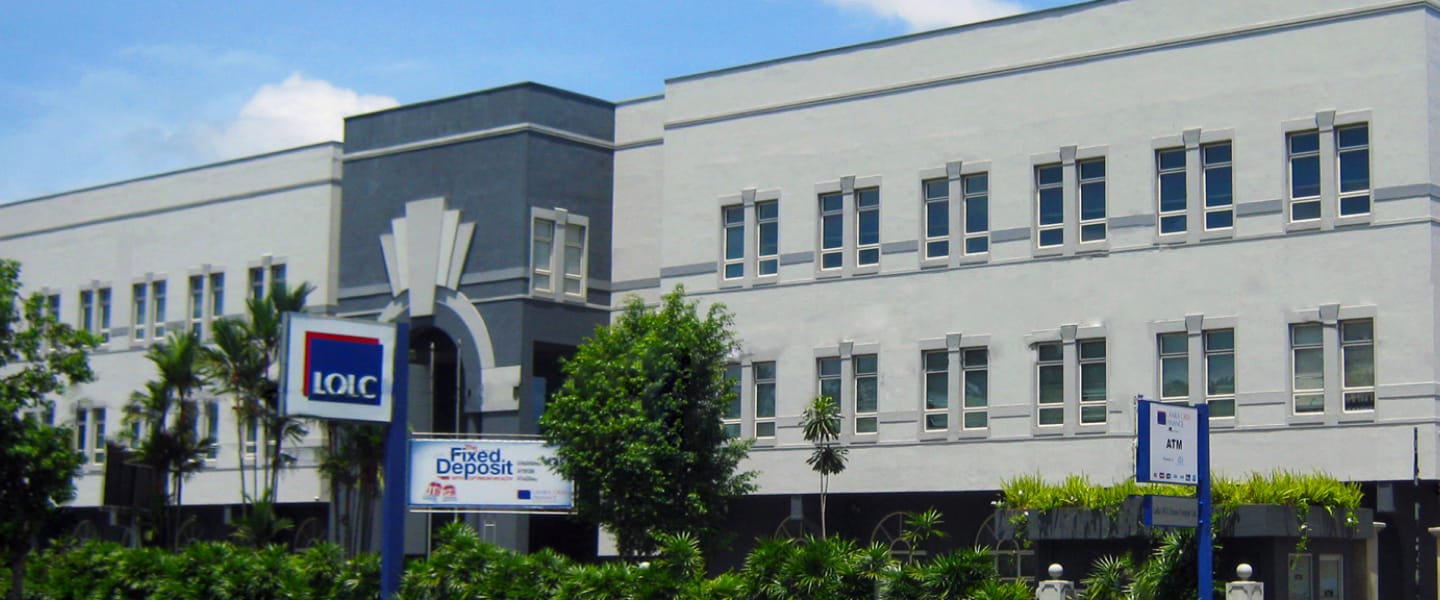-By A Special Correspondent

(Lanka-e-News -18.July.2025, 11.00 PM) An explosive scandal has emerged from Sri Lanka’s financial sector involving one of the country’s largest vehicle importers, who has also amassed significant shares in the leasing giant Lanka Orix Leasing Company (LOLC). At the centre of the controversy is a suspected conflict of interest and possible breach of market regulations, raising questions over preferential treatment, regulatory failures, and even potential criminal wrongdoing.
The controversy erupted after a Central Bank directive this week introduced revised vehicle leasing-to-value (LTV) ratios aimed at curbing over-leveraging and reducing financial system risks. But accompanying this policy shift was a startling revelation: one particular leasing firm — an LOLC subsidiary — had allegedly offered unusually generous leasing terms to vehicles sold by a company also owned by one of LOLC’s major shareholders.
According to sources within the Central Bank’s Financial Intelligence Unit, the leasing firm in question had been providing loans at up to 120%–130% of the assessed market value of certain vehicles — in clear violation of prudential lending standards. Many of these vehicles were reportedly supplied by the aforementioned vehicle import business, raising eyebrows within the financial regulatory community and among opposition MPs.
“This is a textbook case of vertical integration gone rogue,” said a senior financial analyst in Colombo. “The same individuals control the leasing company and the vehicle import business. That creates a dangerous concentration of influence, and it appears they used it to their advantage.”
The issue centres on the potential conflict of interest between the leasing arm — allegedly under the control of LOLC-linked executives — and the vehicle dealership entity also linked to the same ownership group. While cross-ownership is not illegal per se, Sri Lanka’s Competition Law and the Financial Services Conduct Act prohibit related-party transactions that distort fair competition or undermine market integrity.
Documents seen by The Sunday Times reveal that the leasing firm repeatedly approved full-value, and in some cases over-valued, leasing agreements for vehicles sold through the affiliated dealership. In contrast, other dealerships reportedly faced much stricter criteria, including lower LTV ratios and lengthier approval processes.
“This isn’t just an ethical problem; it’s potentially criminal,” said a Colombo-based corporate lawyer specialising in financial regulation. “If the leasing company gave preferential terms to boost its owner’s other business, then it’s a breach of fiduciary duty to shareholders and could fall under misrepresentation and market manipulation laws.”
The Central Bank of Sri Lanka has declined to comment on specific entities but confirmed that a full investigation into “related-party leasing practices” is underway. Meanwhile, the Financial Crimes Investigation Division (FCID) and the Sri Lanka Competition Commission are also said to be reviewing the case files, as pressure mounts on authorities to pursue possible legal action.
A spokesperson for the Ministry of Finance stated, “This government is committed to transparency and fair market practices. Any leasing firm found to have violated regulatory norms will be held accountable under the full force of the law.”
This scandal has now taken an international dimension. Several shareholders of the LOLC holding group include U.S. nationals and institutional investors who acquired stakes when the group sold a portion of its operations to foreign buyers between 2021–2023. Legal experts point out that if funds were misused or the company’s share value was manipulated through undisclosed related-party transactions, then the U.S. Securities and Exchange Commission (SEC) may be compelled to initiate an investigation under U.S. financial disclosure laws.
One U.S.-based shareholder, speaking on condition of anonymity, told The Sunday Times, “We were never informed about such high-risk and undisclosed exposure to related parties. If the allegations are true, it amounts to shareholder deception. We are evaluating legal options.”
The Sri Lankan Stock Exchange has so far made no public statement, but regulatory insiders suggest that multiple disclosure violations may have occurred, particularly concerning shareholder reports and asset valuations of the leasing firm.
The case has sent shockwaves through Sri Lanka’s already fragile leasing sector. Financial institutions, already grappling with high default rates and rising interest rates, now face increased scrutiny on lending practices and corporate governance.
“This is not just about one company. It’s a systemic issue,” said a former Central Bank director. “If regulatory authorities allow entities to finance their own products through their own leasing companies, it creates artificial demand, distorts the market, and risks cascading defaults when values collapse.”
Multiple rival leasing firms have called on the Central Bank to publish a list of entities that received overvalued lease approvals in the last five years, with some even demanding a forensic audit.
At the heart of the matter is whether Sri Lanka’s regulatory bodies have the will — and the teeth — to prosecute such cases of financial entanglement. The incident has once again underscored the weaknesses of financial regulation in the island nation, where the revolving door between big business and regulatory bodies continues to undermine accountability.
For now, the accused parties maintain their silence. But with rising political pressure, international scrutiny, and the possibility of criminal proceedings, this may become the most high-profile financial scandal Sri Lanka has seen since the bond scam era.
-By A Special Correspondent
---------------------------
by (2025-07-18 19:00:56)
Leave a Reply